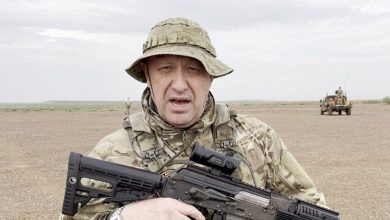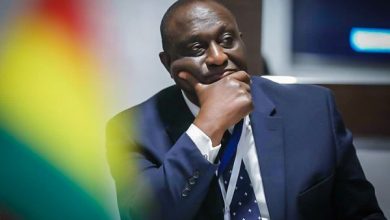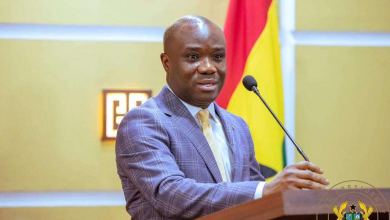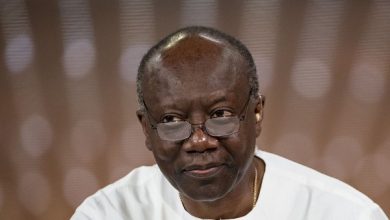2024 Election: EC has identified 7,250 flashpoints, a decrease from 9,644 noted in 2020

The Electoral Commission has reported identifying 7,250 hotspots across the country in preparation for the 2024 presidential and parliamentary elections. This marks a decrease from the 9,644 flashpoints identified ahead of the 2020 general elections.
Mr. Frederick Tetteh, the Deputy Director for Research, Monitoring, and Evaluation at the Commission, shared this information during a panel discussion at a multi-stakeholder dialogue on media and security held in Accra on Tuesday. He attributed the reduction to enhanced security measures implemented by the Commission and relevant agencies.
“Every election year, including local assembly elections, we pinpoint potential flashpoints and share this information with the police. The number has dropped from 9,644 in 2020 to 7,250 now,” he explained.
Mr. Tetteh emphasized that previously identified flashpoints may not remain the same over the years. “A location considered a flashpoint in 2016 may not be one in 2020 or 2024. We do recognize new flashpoints as well, but the overall decrease reflects the effectiveness of the security measures in place.”
The dialogue, organized by the Kofi Annan International Peacekeeping Centre (KAIPTC) and Kingdom Concepts Consult, aimed to strengthen collaboration between media and security forces to maintain peace before, during, and after the elections. The theme was “Safeguarding Peace before, during, and after Election 2024: The Role of Media and Security Actors.”
Mr. Tetteh reiterated the Commission’s commitment to conducting a free, fair, and transparent election, noting that significant steps have been taken to ensure a credible process for the upcoming December elections. He mentioned that the Commission is currently in the process of printing ballot papers and will soon provide the final voters’ register to political parties.
“We have completed the registration, exhibition, and nomination phases. We are currently printing the ballot papers, after which we will issue the final voters register to the political parties, followed by a special voting event before the main election in December,” Mr. Tetteh stated.
He encouraged the public, particularly political parties, to have confidence in the electoral process and the Commission’s ability to deliver a credible election on December 7. “Since 1996, our history reflects a commitment to conducting free and fair elections, and the Commission is dedicated to ensuring transparent elections for the people of Ghana,” he affirmed.
Dr. Jonathan Sandy, Head of the African Union Economic, Social, and Cultural Council (AU ECOSOCC), urged the nation to safeguard the peace it currently enjoys. He cautioned against political campaigns based on tribal, regional, ethnic, or religious lines, as these have been identified as potential sources of electoral violence.
Major General Richard Addo Gyane, Commandant of the KAIPTC, emphasized the importance of responsible reporting by the media to help maintain peace before and after the elections.
Dr. Abena Animwaa Yeboah-Banin, Head of the Department of Communication Studies at the University of Ghana, called for collaboration between the media and security forces to ensure effective partnership throughout the electoral process. “We are not adversaries; we are advocates who should support each other,” she stressed.





